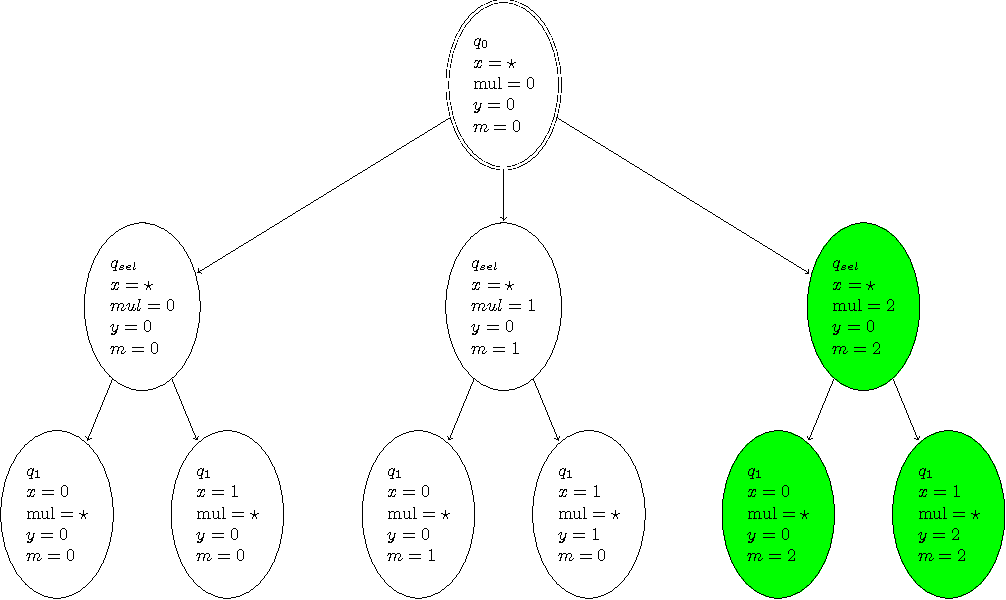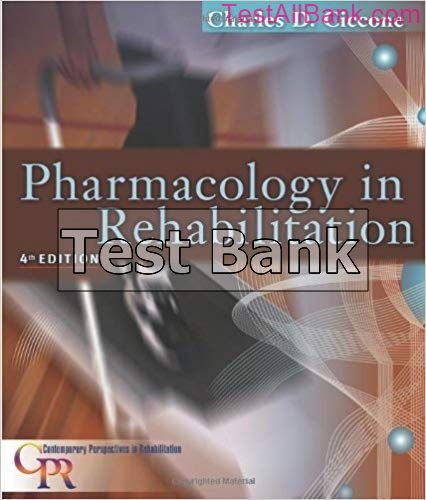

The Fast Track project is a multisite, collaborative research project investigating the efficacy of a comprehensive, multicomponent intervention designed to prevent the development of serious conduct problems in high-risk children. These prevention programs need to be initiated early enough to affect the early stages of the developmental trajectory, and they need to be designed to influence the multiple causes and the chronic nature of this maladaptive process. Because of their considerable influence on the rates of serious adolescent antisocial and criminal behavior and the high cost to society, prevention programs are particularly needed to target youth with early-starting conduct problems. This distinction is consistent with the two sub-types of conduct disorder identified in the DSM-IV ( American Psychiatric Association, 2000) - “childhood onset” and “adolescent onset.” Within this diagnostic system, oppositional defiant disorder evident in early childhood can evolve into childhood-onset conduct disorder, and then into antisocial personality disorder in adulthood. Late starters are less likely to engage in violent crime than early starters. In contrast, “late starters” (also described as “adolescence-limited”) do not begin to exhibit antisocial behavior until early adolescence, and often desist by late adolescence or early adulthood, as they begin to engage in normative roles in the workplace and become involved in stable, intimate romantic relationships (e.g., Moffitt, 1993 Patterson et al., 1992). Cohen (1998) estimated that, in the United States, a single youth who follows the early-starter pathway and who persists in a criminal career as an adult will cost society at least $1.3 million. Furthermore, they exact an extraordinary cost to society.

These youth have a poor prognosis in that they are at risk for a host of negative outcomes during adolescence and adulthood.

They are likely to engage in a versatile, wide-ranging set of antisocial behaviors, including both overt and covert delinquency (e.g., Loeber et al., 1993). Early starters represent approximately 6% of the population ( Offord, Boyle, & Racine, 1991). “Early starters,” (also described as “life-course persistent”) begin their serious antisocial behavior early in childhood, as early as the preschool period, and then continue with antisocial behavior into adulthood (e.g., Moffitt, 1993 Patterson, Reid, & Dishion, 1992). A distinction has been made between two different developmental pathways leading to adolescent delinquency and conduct problems, based on age-related patterns of antisocial behavior.

Children with conduct problems comprise a majority of referrals to outpatient child mental health clinics, have a continuing disruptive impact on the school system, and have a poor prognosis for avoiding antisocial behavior in adolescence and adulthood ( Hinshaw & Lee, 2003 McMahon, Wells, & Kotler, 2006).


 0 kommentar(er)
0 kommentar(er)
